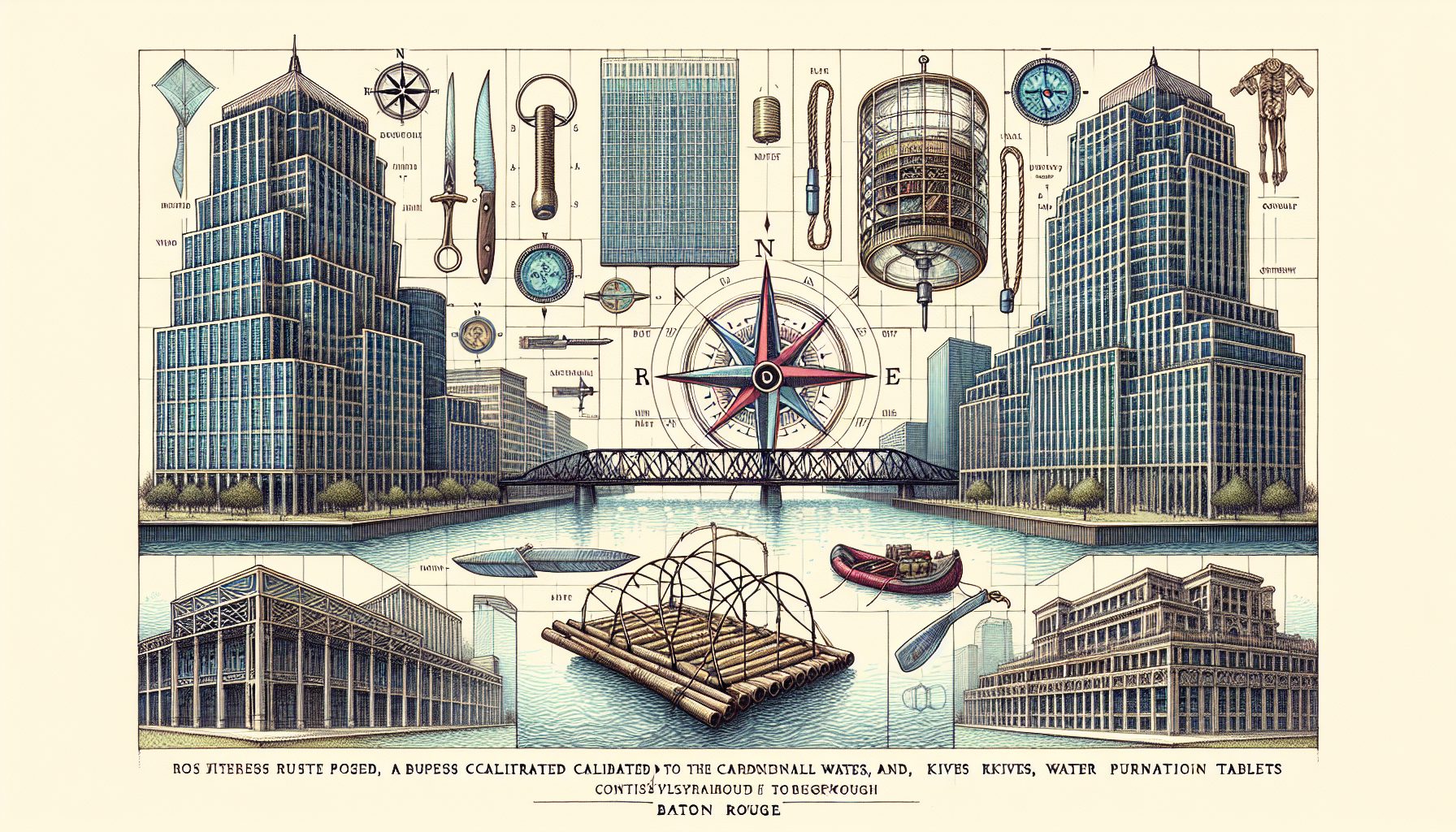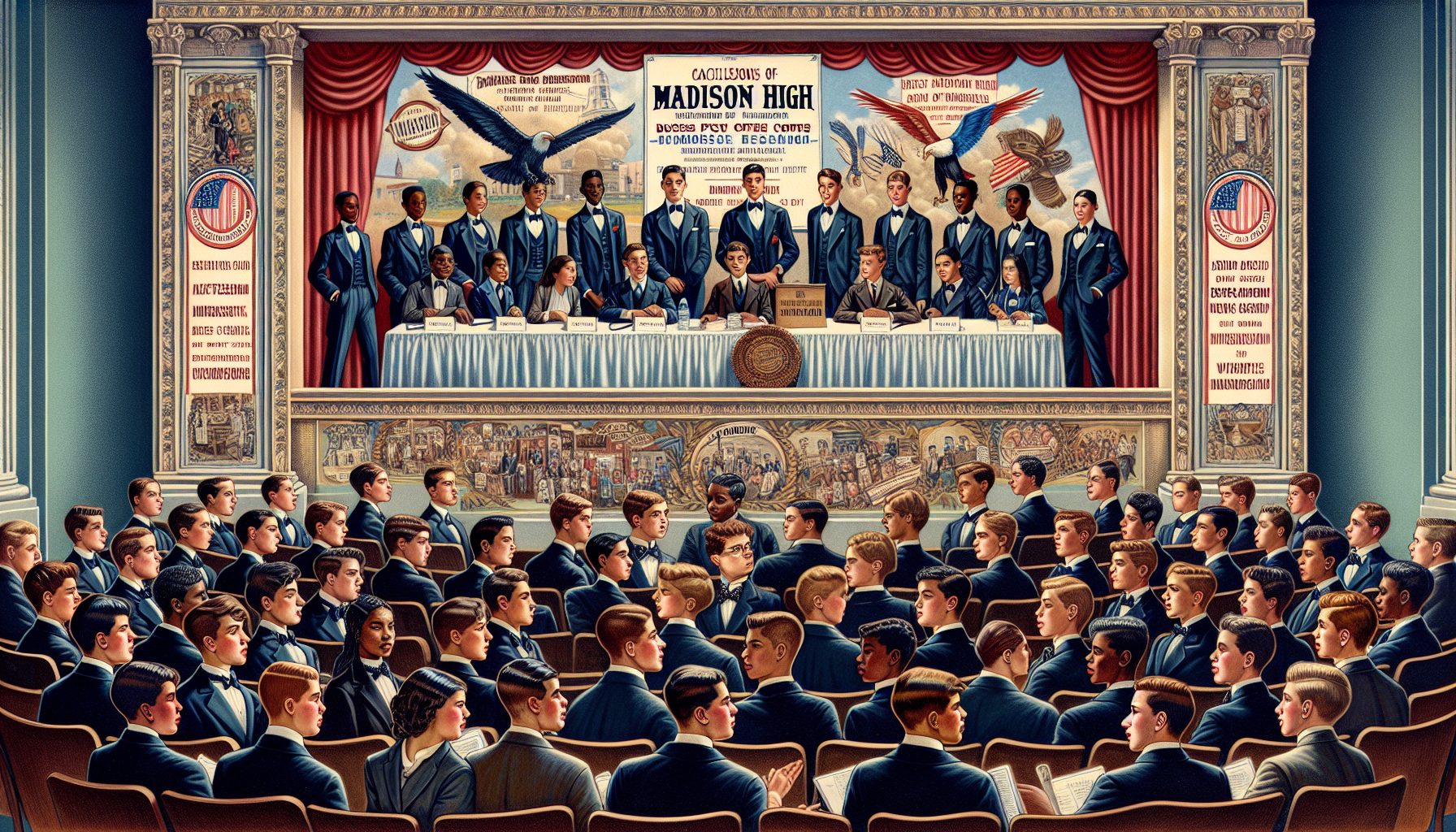Nearly two years ago, Hewlett-Packard CEO Mark Hurd laid down the gauntlet to his business partners, the company’s unequivocal goal was to wipe away the tagline its chief competitor-IBM-wore for the past 60 years: “The world’s largest technology company.”
Not only has that day come and gone, but HP continues to widen its lead over Big Blue. The latest quarterly revenue report showed HP posting more than $28 billion in topline revenue, putting it on track to become a $100 billion company. By comparison, IBM continues to grow at a much slower pace and with slimmer margins.
The day may soon come that HP not only wears the moniker of the world’s largest technology company, but also steals the other famous saying: “No one ever got fired for buying IBM.” The reason? Superior customer service and delivery of products that add value to clients’ business.
“A lot of that has to do with HP’s adoption of ITIL,” says a vice president of IT at a major New York-based bank. “They eat, drink, sleep it externally and internally to their organization. When they engage in outsourcing, it becomes part of their culture. Formalizing the processes, it’s not just something they talk about. They practice what they preach.”
According to Ziff Davis Enterprise research, HP outclasses IBM in nearly every measure of customer service and product execution. In overall satisfaction, HP bested IBM 79 percent to 66 percent.
Across the board, customers on all levels gave HP superior satisfactory ratings in its ability to increase revenue opportunities, lower operations costs, solve technology problems, deliver ROI, provide products on time and on budget, be flexible in responding to challenges and meet quality expectations.
The difference in customer approach is striking, says Richard Thompson, a senior IT manager at DirecTV. The satellite television provider is a customer of both vendors-HP provides data center hardware and management; IBM does software testing. When DirecTV sought new testing services, both vendors pitched for the business with very different approaches. Both suggested an offshoring model in which their respective facilities in India would provide the software quality-assessment services. But that’s about all the two proposals had in common.
Thompson says IBM presented a better proposal and was extremely focused on software testing. HP, on the other hand, used the opportunity to present a whole series of its capabilities and abilities to help DirecTV’s business. In the end, IBM won the software-testing contract, but HP is getting more of DirecTV’s overall business.
“They showed how HP could service us from horizon to horizon, while IBM stayed on topic and was very focused on how they could help us with testing,” Thompson says.
The news gets no better for IBM in the midmarket, where that company has been struggling to expand its presence. HP again tops Big Blue with overall satisfaction ratings: 84 percent to 71 percent, respectively.
In the realm of the large enterprise, IBM’s traditional stronghold, HP continues its winning ways. In companies with more than $1 billion in annual revenue, HP earned the satisfaction of 72 percent of the survey’s respondents to IBM’s 61 percent.
When it comes to customers’ willingness to continue doing business with them, HP beats IBM-92 percent to 88 percent, respectively. Despite perceived shortcomings, companies are hesitant to switch vendors as long as they’re getting what they need.
“We have a good relationship with IBM and we have a good partnership with them; they treat us as a partner,” says Christi Rushnell, vice president of information services at Health First, a health care provider in central Florida.
“If they weren’t meeting our expectations, we’d look elsewhere,” she adds. “We wouldn’t stay with a vendor just because we’ve had them forever.”
For complete comparison of HP vs. IBM, check out the following slide shows:
•
•
•
•








